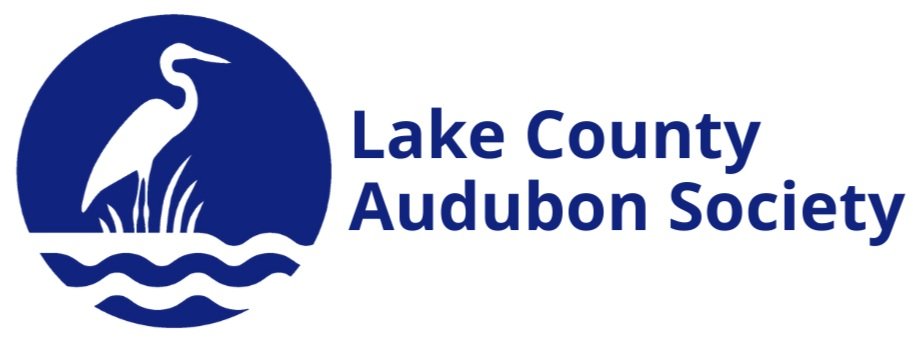Join us for a tour of the Piping Plover Special Exhibit at the Carnegie Museum followed by a presentation by Dr. Francesca Cuthbert.
The Endangered Great Lakes Piping Plover Population: History and Hope
Forty years ago, Piping Plovers were close to extinction in the Great Lakes. Only 12-17 pairs were known to nest in Michigan and the population was listed as Endangered in 1985. By the summer of 2025, the number of pairs increased to 88 and plovers were nesting on all 5 Great Lakes and in 4 states and the province of Ontario. How did this change in numbers happen and is it possible for this population to recover to the point of delisting at 150 pairs? This presentation will provide an overview of the efforts to increase nesting numbers and the lessons learned along the way. The history of plovers in the Great Lakes is marked by many challenges but significant hope exists for the future of this still small and vulnerable group of birds.
Francesca J Cuthbert is a Distinguished Teaching Professor Emerita in the Department of Fisheries, Wildlife and Conservation Biology at the University of Minnesota-Twin Cities.
She has studied waterbirds in the North American Great Lakes for more than 40 years. Her research has focused on distribution and abundance (based on aerial and ground survey methodology) of colonial waterbirds as well as breeding ecology, demography, winter and migration ecology of waterbirds including the federally endangered population of the Great Lakes piping plover. For her work on piping plovers, she received a U.S. Fish and Wildlife Service Recovery Champion Award, the Ralph Schreiber Conservation Award from the American Ornithological Society and the Kai Curry Lindahl Conservation Award from the Waterbird Society.
Cuthbert has coordinated research and field season activities for the Great Lakes piping plover recovery effort as well as the US portion of the binational (with Canada) colonial waterbird survey in the Great Lakes. She has published more than 100 peer-reviewed articles and many reports on various topics of avian ecology, conservation and management. Her research has been supported by over 60 grants from federal and state agencies as well as non-profit organizations. Additionally, she has advised over 50 graduate students on diverse aspects of avian biology.
She is a member of the Waterbird Council of the Americas, Fellow of the American Ornithological Society and past-president of the Waterbird Society.
